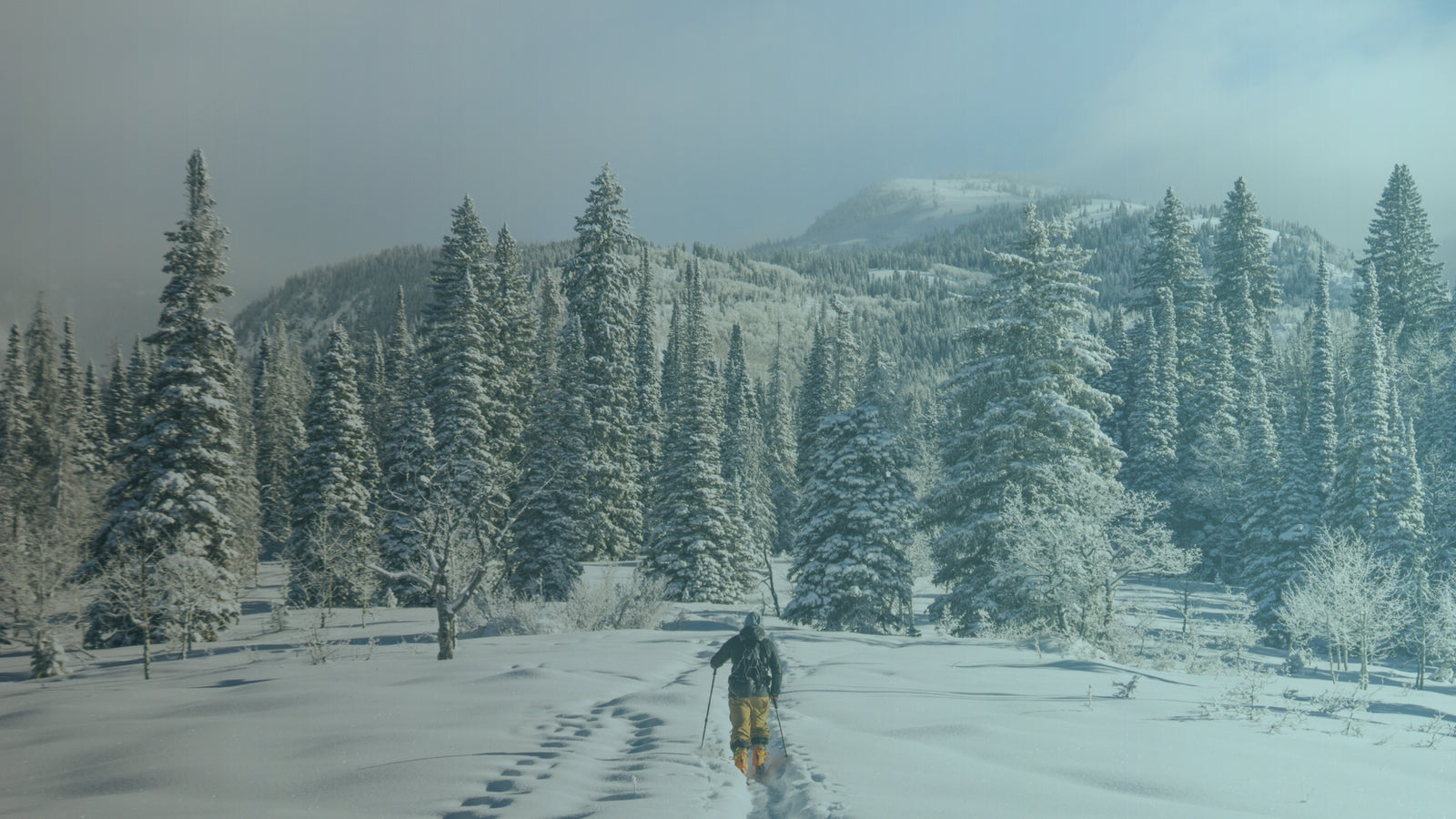If you find yourself exhausted and thrown off balance by the hustle and bustle of everyday living, a visit with nature can help you relieve stress and reconnect with your inner self. Journaling is one of the best ways to write about your feelings, goals, your dreams and so much more. It amazes me how much journaling can help us improve in so many areas of our lives. However, connecting with nature is something else, it's a stress reliever at a much higher level. It is true that people who exercise and experience life with nature are much happier and healthier.
![]()
Experts have found that outdoor education is critical for child development, it is also important for the future of the planet! If you're still wondering why and have zero clues, it's because when we feel connected to nature, we are more likely to live sustainable lifestyles. We are also more likely to support environmental causes that educate and engage others with the natural world. If we appreciate nature, it only makes sense that we all contribute to taking care of our nature surroundings. In this blog, I've suggested some of the best books and ebooks to learn more about nature. Wait out for my next blog on how to live a sustainable lifestyle and contribute to saving mother nature. Enjoy!
Are trees social beings? In this international bestseller, forester and author Peter Wohlleben convincingly makes the case that, yes, the forest is a social network. He draws on groundbreaking scientific discoveries to describe how trees are like human families: tree parents live together with their children, communicate with them, support them as they grow, share nutrients with those who are sick or struggling, and even warn each other of impending dangers. Wohlleben also shares his deep love of woods and forests, explaining the amazing processes of life, death, and regeneration he has observed in his woodland.
“This fascinating book will intrigue readers who love a walk through the woods”—Publishers Weekly
The Invention of Nature: Alexander von Humboldt's New World
Alexander von Humboldt (1769-1859) was the most famous scientist of his age, a visionary German naturalist and polymath whose discoveries forever changed the way we understand the natural world. Among his most revolutionary ideas was a radical conception of nature as a complex and interconnected global force that does not exist for the use of humankind alone. In North America, Humboldt’s name still graces towns, counties, parks, bays, lakes, mountains, and a river. And yet the man has been all but forgotten.
In this illuminating biography, Andrea Wulf brings Humboldt’s extraordinary life back into focus: his prediction of human-induced climate change; his daring expeditions to the highest peaks of South America and to the anthrax-infected steppes of Siberia; his relationships with iconic figures, including Simón Bolívar and Thomas Jefferson; and the lasting influence of his writings on Darwin, Wordsworth, Goethe, Muir, Thoreau, and many others. Brilliantly researched and stunningly written, The Invention of Nature reveals the myriad ways in which Humboldt’s ideas form the foundation of modern environmentalism—and reminds us why they are as prescient and vital as ever.










Leave a comment
All comments are moderated before being published.
This site is protected by hCaptcha and the hCaptcha Privacy Policy and Terms of Service apply.